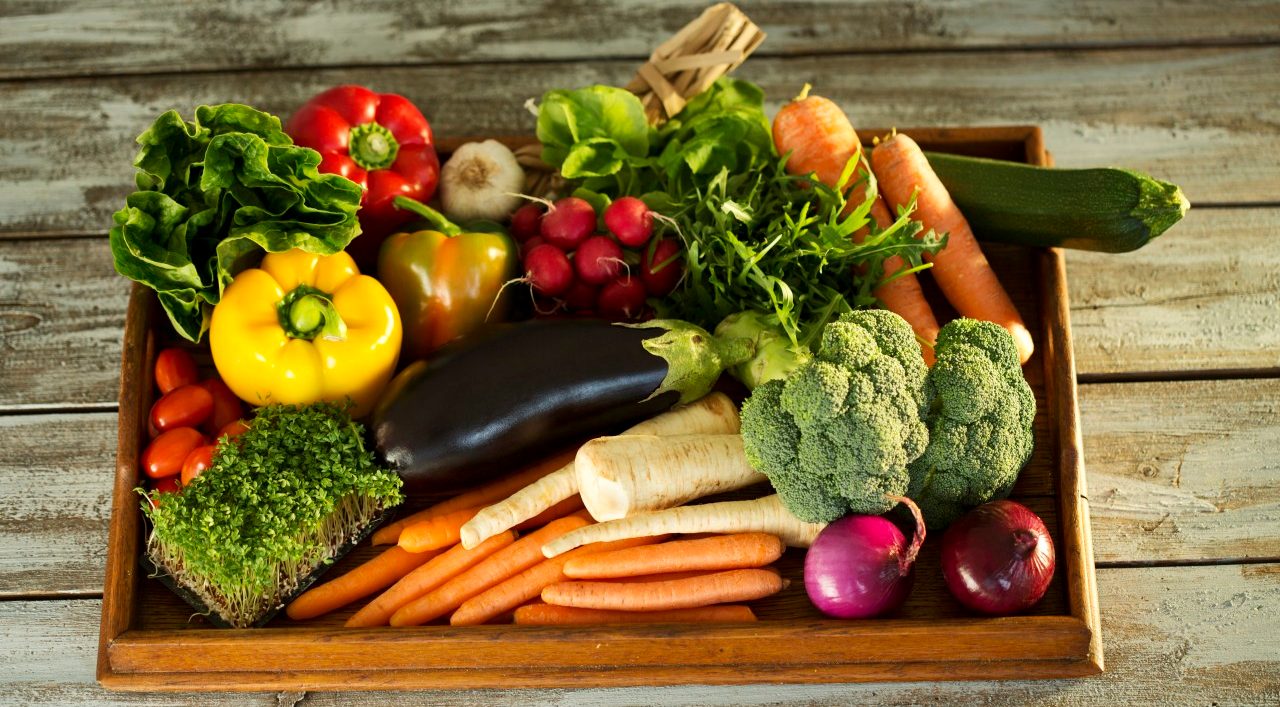Healthy Eating, the Natural Remedy for Depression

Regularly eating certain foods may boost your mood and prevent or treat depression. Researchers say the food and mental health connection is a reality.
We’ve all heard of comfort food — snacks, ice cream or home cooking that seems soothing after a rough day, if only temporarily. But what if regularly eating certain foods could actually boost your mood and a provide natural remedy for depression? A growing number of researchers looking into the food and mental health connection say that’s a reality.
YOU MIGHT ALSO LIKE: Depression Versus Sadness
Psychiatrist Drew Ramsey, MD, assistant clinical professor of psychiatry at Columbia University, treats depression and anxiety disorders with psychotherapy, medication, if indicated — and food. In his book “The Happiness Diet,” co-written with wellness expert Tyler Graham, Ramsey makes the case that certain foods have a negative impact on the brain, dampening our moods and even making us feel downright unhappy. On the other hand, he says different things we eat can have the opposite effect.
There’s an epidemic of brain health problems, including depression, ADHD, and dementia in the U.S., Ramsey writes, and food is an underutilized tool to help people feel better, physically and mentally. He dubs the way many of us eat the Modern American Diet (MAD), warning that it’s loaded with chemical laden processed foods, excess sugar, and carbohydrates, along with unhealthy fats. Citing over 300 studies in his book, Ramsey contends MAD eating can cause obesity, type 2 diabetes, and even brain dysfunction, including depression.
By eating what he calls the happiness diet — concentrating on meals and snacks of veggies, fruits, nuts, whole grains, and organically grown meat, and avoiding deli meats, refined carbs, sugar, and processed foods — Ramsey claims most people experience less moodiness, a natural remedy for depression in some patients even. .
For the first time, a recent controlled clinical trial tested a treatment for clinical depression using specific foods along the lines of Ramsey’s happiness diet — and the findings back up the notion that food impacts mood.
Sixty-seven patients diagnosed with moderate to severe depression took part in the 12-week study, which was carried out by Deakin University in Victoria, Australia. All but nine of the participants were receiving either psychotherapy, antidepressants, or both. The patients were divided into two groups.
One group participated in hour-long sessions of dietary counseling over the course of several weeks and were encouraged to eat foods along the lines of the Mediterranean style of eating — Including fruits, vegetables, whole grains, nuts, legumes, seafood, lean meat, and chicken. They were also advised to eliminate or cut down on refined starches and carbohydrates, as well as processed foods. The research subjects in the other group received an equal number of social support sessions but no dietary counseling.
The results, published in the journal BMC Medicine, showed many of those who followed the recommendation of the diet counseling experienced dramatic improvements in their symptoms. In this group, about a third of the patients achieved remission and no longer suffered from symptoms of depression, compared with only eight percent of those in the control group who didn’t alter their diets.
YOU MIGHT ALSO LIKE: Eating Refined Carbs and Junk Food Can Cause Depression
When it comes to preventing many health problems, it’s been long established that eating a diet like the one Ramsey describes can greatly lower the risk of heart disease, type 2 diabetes, and even some forms of cancer. Now a large study of over 15,000 people concludes the same style eating may prevent mental problems, too, especially depression.
The research, published in the journal BMC Medicine, found a link between what foods people consumed and whether or not they developed depression in the first place. None of the research subjects were depressed at the start of the study, and they recorded what the ate of the course of the next 10 years.
Foods that contained saturated and trans fats, and high calorie but empty nutrient sweets, were given a negative, unhealthy score. Fruits, veggies, nuts, and sources of health promoting omega-3 fatty acids (found in cold water fish, primarily) were positively scored.
After about eight and a half years, 1,550 of the study participants reported a clinical diagnosis of depression — and those who ate more of the unhealthy foods were most likely to have developed depression.
However, it didn’t take strict adherence to only eating healthy foods to lower the risk for depression. Simply eating more of the healthiest foods — especially fruits and vegetables — and consuming fewer of the unhealthier ones appeared to make the difference and keep depression at bay.
"A threshold effect may exist. The noticeable difference occurs when participants start to follow a healthier diet,” said lead researcher Almudena Sanchez-Villegas, PhD, professor of preventive medicine and public health at the University of Las Palmas de Gran Canaria in Spain. “Even a moderate adherence to these healthy dietary patterns was associated with an important reduction in the risk of developing depression.”
Pointing to abundant research showing diet can help prevent and treat a variety of mental health problems, members of the International Society for Nutritional Psychiatry Research (ISNPR), including Drew Ramsey, recently published a position paper in the World Psychiatry journal, calling for nutrition as a natural remedy for depression to be considered as a mainstream element of psychiatric practice that can help both physical and mental health.
YOU MIGHT ALSO LIKE: The Anesthetic Ketamine May Lift Depression
Updated:
April 06, 2020
Reviewed By:
Christopher Nystuen, MD, MBA